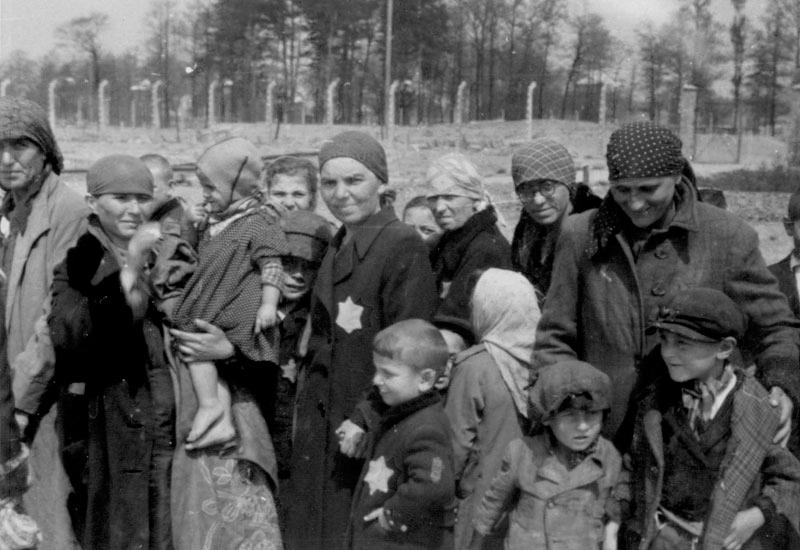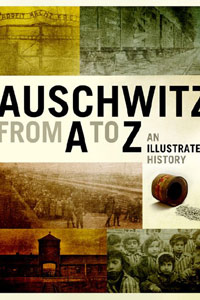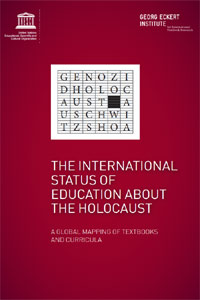Editor’s Note
In the foreword to his last book, “The Drowned and the Saved”, Primo Levi refers to a dream that has become the nightmare of many prisoners:
“[M]any survivors […] remember that the SS militiamen cynically enjoyed admonishing the prisoners: ‘However this war may end, we have won the war against you; none of you will be left to bear witness, but even if someone were to survive, the world would not believe him.' Strangely enough, this same thought […] arose in the form of nocturnal dreams produced by the prisoners’ despair. Almost all the survivors, verbally or in their written memoirs, remember a dream which frequently recurred during the nights of imprisonment […]: they had returned home and with passion and relief were describing their past sufferings, addressing themselves to a loved person, and were not believed, indeed were not even listened to.” 1
Levi’s nightmare, which reflects the survivors’ fear that no one will believe them has become a founding text over the years.
The view of the witness and the testimony has changed over the years both in the society’s regard to the survivors, and from the viewpoint of researchers. With time, Israeli society has learned to listen to the witnesses and properly appreciate their story. The witnesses have taken a major part in shaping the Jewish legacy, and play an educational role in shaping the memory of the Holocaust. In 2002 an international convention was hosted in Yad Vashem, in which Zvi Gil read from the Survivors Manifest:
“We, the members of the survivor generation, are getting fewer. In a short number of years there will be no one on earth who will be able to say: ‘The Age of Holocaust survivors is drawing to a close. Before long no one will be left to say, "I was there, I saw, I remember what happened." All that will be left will be books of literature and research, pictures and films, and multitudinous testimony. This will be a new era. The dark inheritance of the Shoah that was so indelibly stamped on the survivors' souls and hearts will become a sacred mission imposed upon humanity.”2
Historians, law experts, thinkers, writers, and artists have dealt to great length with the role of the witnesses in research and in shaping memory. Presently, at this point of generational change, questions regarding the place of the witnesses trouble the survivors and concerns us educators and researchers as well: What will the world look like without survivors? Uncharacteristically, we chose to present a selection of interviews in order to examine the issue from different perspectives, and to that end spoke to researchers, academics, and educators.
We met historian Professor Israel Gutman for a discussion about the role of testimonies in historical research, and about his memories as a survivor and as a witness in the Eichmann Trial. We spoke to Shulamit Imber, Yad Vashem’s Pedagogical Director of the International School for Holocaust Studies, about the educational significance of the witnesses’ role.
We met psychoanalyst and survivor Dori Laub to discuss his book “Testimony” (co-written with Shoshana Felman (about the witness’s difficulty to testify, and the significance of lacuna in testimony.3
Not knowing what happened to his family members during the Holocaust, and a family secret concerning them, led author and researcher Daniel Mendelsohn on a self-discovery journey to trace six members of his family, as detailed in his book “The Lost”.4 In an interview with Mendelsohn we asked him about the significance of the journey he made following his family members and the need to discover the details of their untold story. This interview is accompanied by a special article and a book review.
We wish you a pleasant reading, and end with another quote from “The Survivors' Declaration”:
“The Holocaust, which established the standard for absolute evil, is the universal heritage of all civilized people. The lessons of the Holocaust must form the cultural code for education toward humane values, democracy, human rights, tolerance and patience, and opposition to racism and totalitarian ideologies. [..] [T]he words of Rabbi Hillel need to ring out loud and clear: “What is hateful to you, do not do to your fellow human being!”
The Editorial staff
November 2015
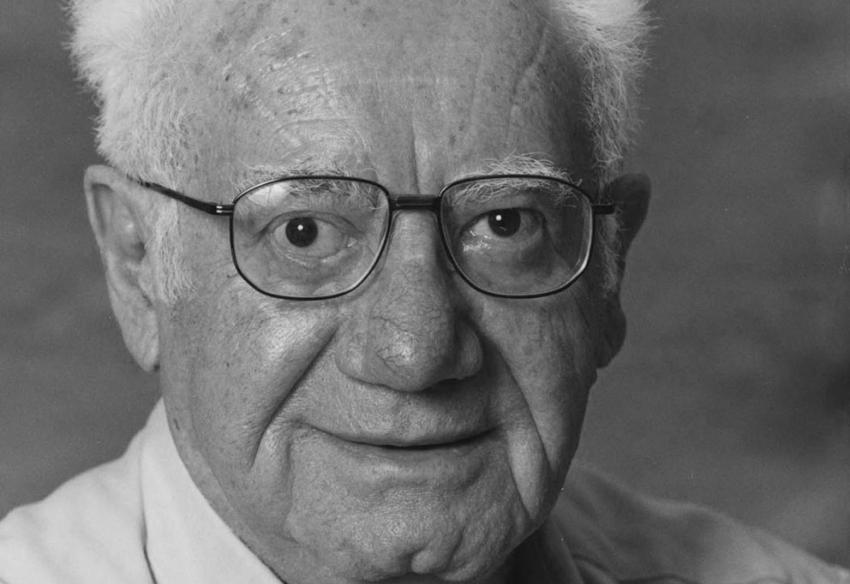
Interview with Professor Israel Gutman, Historian
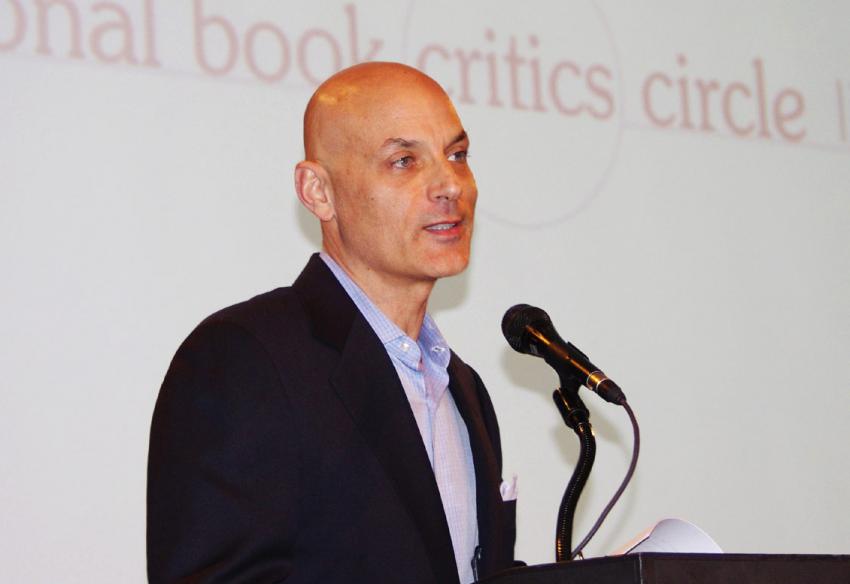
Interview with Daniel Mendelsohn, Author of The Lost: A Search for Six of Six Million
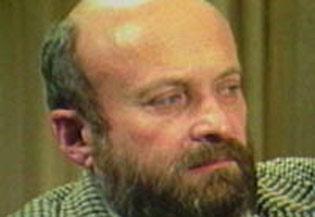
Interview with Professor Dori Laub, Expert on Interviews and Survivor Testimony
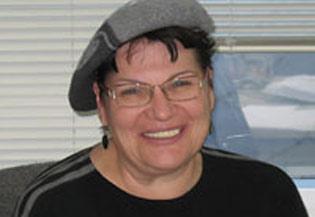
Interview with Shulamit Imber, Pedagogical Director of the International School for Holocaust Studies, Yad Vashem
